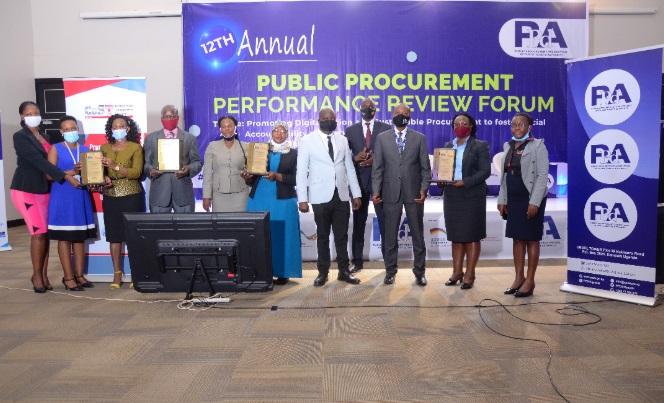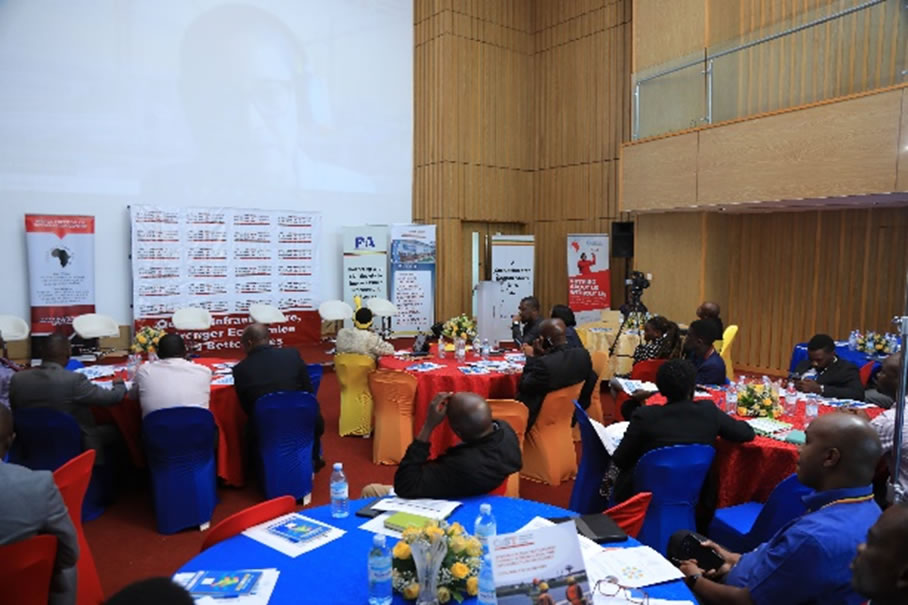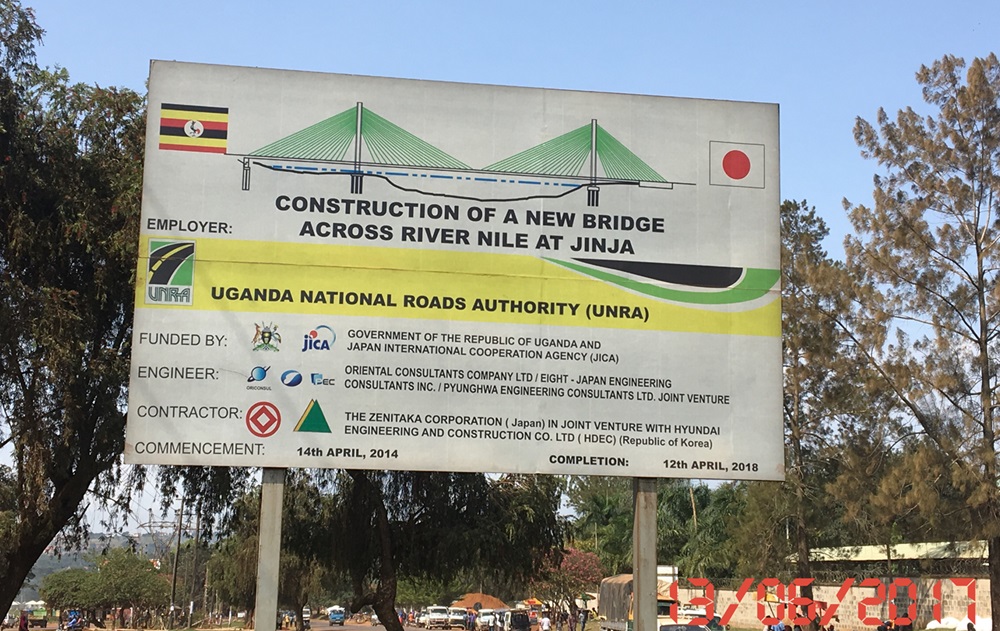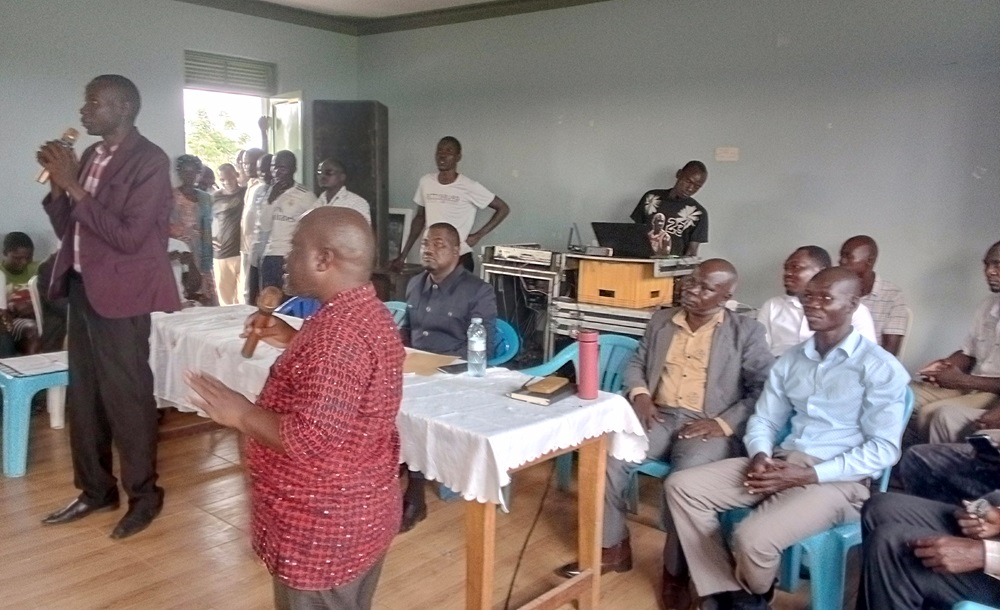
For many years, public procurement in Uganda has been skewed toward the privileged category of business beneficiaries mostly the foreign firms that repatriate profits and drain the economy.
There was little attention put on the disadvantaged and highly vulnerable groups such as women, people with disabilities and the youth that had remained as spectators of public procurement until recent development and transformation in the legal and policy reviews by the government with steadfast engagement by the CSOs and the private sectors.
Yet the special interest groups have great population that could not ignored and local providers’ participation in public procurement is of great concerns in the nation building and development.
Statistics from UN World population Review as at 1 st July, 2024 shows that the women in Uganda accounts for 51% of the projected 49.9 million population. But only 1% out of 44% of registered Women-Led-Businesses in Uganda (AFIC 2023 study report) are involved in public procurement and yet women are game changers in every developing economy across the globe. Even the 1% of women-Led-businesses are in less valued contracts which gives very little returns on their investments. These accounts for the slow growth of Women businesses and involvement in undertaking reasonably valued contracts of the infrastructure projects.
This results from “gender-specific barriers to their enterprise performance, and such barriers include legal and policy challenge, socio-cultural, operational, and on other end lower levels of innovation, lower use of capital and labor, and segregation into lower-value sectors (Copley et al2021).
CoST Uganda Programme with its host Organization, the Africa Freedom of Information centre contributed tremendously to transforming and changing this outlook through different strategies which include, developing critical proposals to influence the review of the guidelines for interest groups participation in public procurement in Uganda to change the current architect of the legal and policy framework around public procurement. Some of such proposals were adopted by the public procurement regulatory Authority and the Ministry of Finance, Planning and Economic development.
The new guidelines now approved by the government provides for 15% contracts to be awarded to the Special Interest group and if this is adhered to, then it will change the status quo of SIC participation in public procurement and the highlights for reservation guidelines for local providers.
All these has been made possible because of continuous CSOs such as CoST Uganda Chapter, Africa freedom of Information Centre and others including the Private sector and the media are consistently engaging with government institutions on inclusive and holistic participation of special interest groups and local providers in public procurement with the hope of strengthening the capacity of local providers to build a strong network of credible residence firms. This is being achieved through conducting empirical studies that provides evidence to influence the necessary improvement in the legal and policy framework in Uganda, process, and practice. Critically, stakeholders’ participation in in the infrastructure sector procurement by entities enhancing transparency and accountability.
However, despite all efforts being made by different stakeholders on the legal and policy environment, disclosure of infrastructure project data is declining, and the trend needs to be addressed for improved implementation of infrastructure projects. Therefore, the government institutions are encouraged to; –
A) The Public procurement and Disposal of Public Assets Authority, needs to strengthen supervision for mandated public officers concern with publishing infrastructure projects data to comply with the provision’s transparency and accountability as it’s in the PPDA 2003 (as amended).
B) Office of the Prime Minister with all Ministries, Departments and Agencies to strengthen performance monitoring and introduce sanctions for non-disclosure compliance and reward for disclosure best practice.
C) CSOs support capacity and process through training mentorship, coaching of public officials on disclosure to achieve transparency and accountability in delivering infrastructure projects.
D) Media to continue strengthening the call for disclosure and publishing stories on best disclosure practices and gaps to enhance actions from accountability officers.
Hope is not loss, because if the non-disclosure gap is addressed and increased disclosure of infrastructure project data is achieved in public procurement, government and citizens will benefit from quality infrastructure delivered that will boost flow of economic activities, achieve value for money, reduce wastages and increased coverage for infrastructure projects that transform the lives of the greater communities.
In conclusion, we continue to appeal for proactive disclosure of information regarding public procurement to harness increase citizens participation and that will ensure quality infrastructure delivery in Uganda given huge allocation of about 13% of the national budget to sector by government consecutively in the financial years of 2023/24 and 24/2025 respectively. Efficiencies, effectiveness, and quality infrastructure projects delivery should be guaranteed through self-commitment by implementers, supervising consultants, Engineers, project owners and all the stakeholders including the media as a concerted effort to reduce government wastages and bridge the inefficiencies.
For more information you can view via www.cost.or.ug, or www.infrastructuretransparency.org Follow us on tweeter (@CostUgChapter, and www.linkedin.com/in/cost-uganda-258715289



